Dealing sensibly with knotweed (with a nod to emissions)
Envirotec Magazine
DECEMBER 19, 2021
We can now harness the carbon scavenging power of Japanese knotweed and other invasive plants, explains Nic Seal, Founder and MD of Environet, a UK specialist in the topic. We recognise our business activities create waste and emissions to land, air and water which we seek to mitigate as best we can.


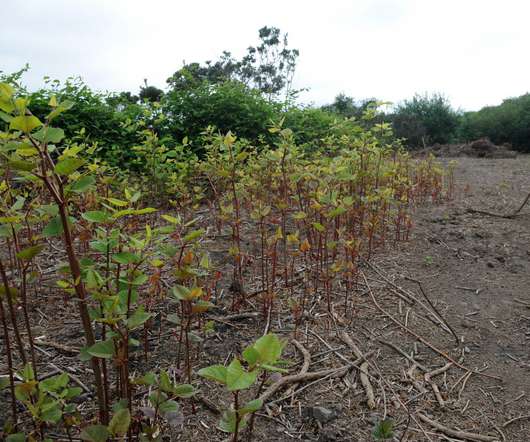
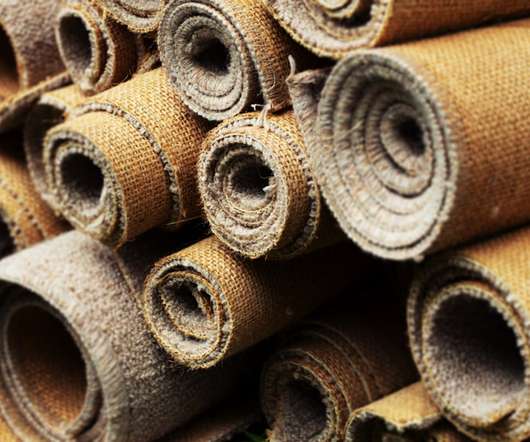
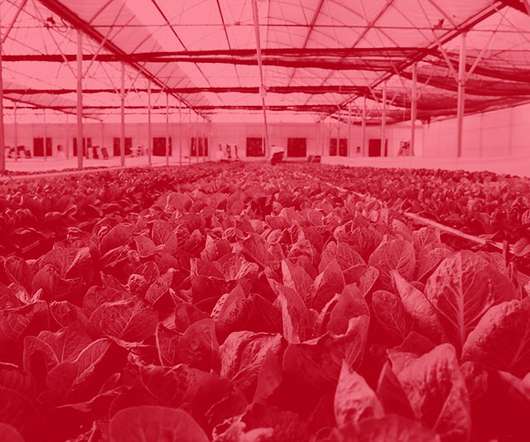

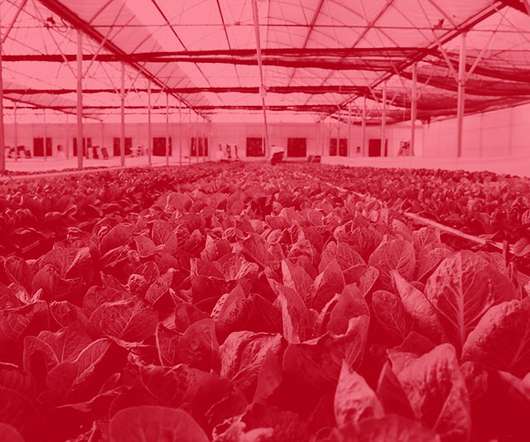
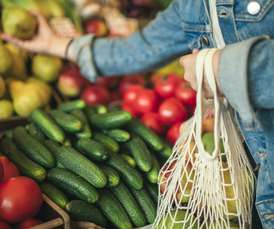

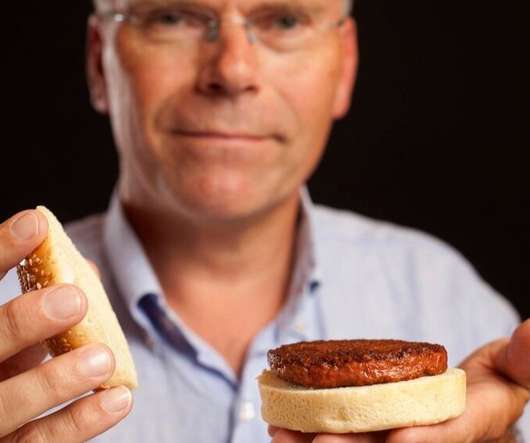
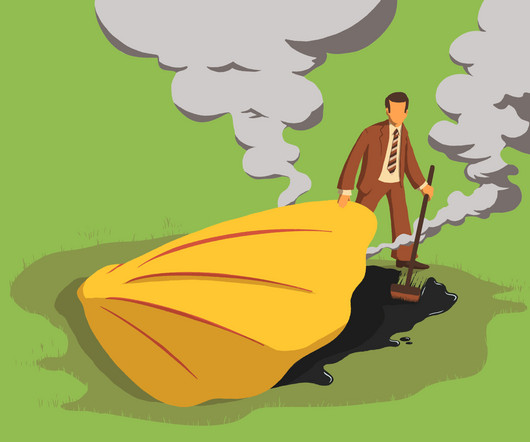
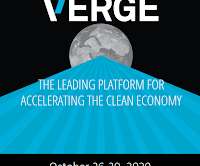
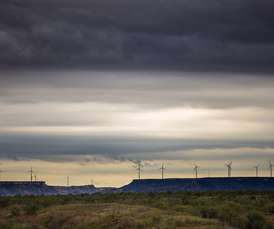








Let's personalize your content